Search

Understanding Hay Inoculants and Preservatives on ‘Dry’ Hay
As haying season approaches, producers across South Dakota will begin preparing to get out the baler. In recent years, it has been quite difficult for many producers to put up quality, dry hay. This often results in growers considering using inoculants and hay preservatives.
![A herd of cattle gather around a stock pond on a vast, lush grassland. Courtesy: USDA [CC BY 2.0]](/sites/default/files/styles/teaser_800x500/public/2019-05/W-00231-00-cattle-grazing-grassland-pasture-range.jpg?h=8f818b46&itok=6GS1_Ww0)
Range Improvements, Grazing Systems and Net Present Value, What is the Right Balance?
As farms and ranches across South Dakota continue to endure increasing costs of production while receiving less cash for grain and livestock marketed; ranch managers must be extra diligent when implementing new range improvements and grazing systems on their ranches.
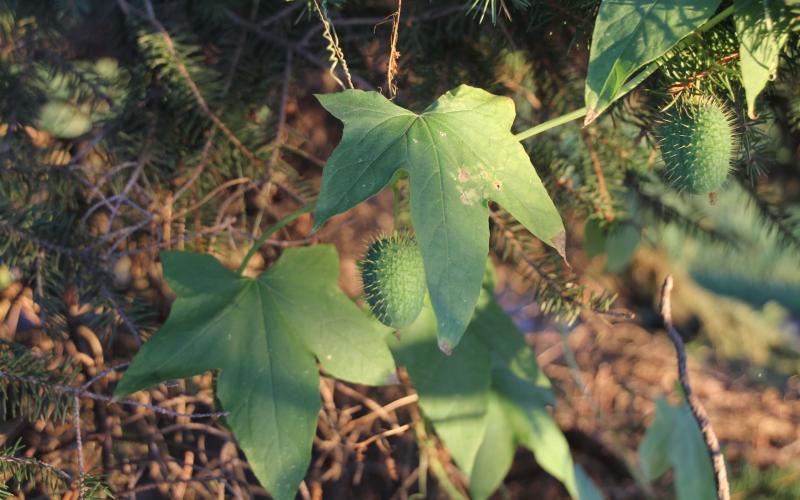
What's That Vine?
One of the most frequently asked questions that I have gotten recently refers to a vining plant that looks like it is going to take over the world, or at least a few trees in the yard or a section of a shelterbelt.

Watch for Seedcorn Maggots in Emerging Soybean
Of all of the potential early season pests, the seedcorn maggot is rarely an issue in South Dakota. However, we have started receiving reports of soybean fields that have poor emergence or seedling stand reductions occurring.
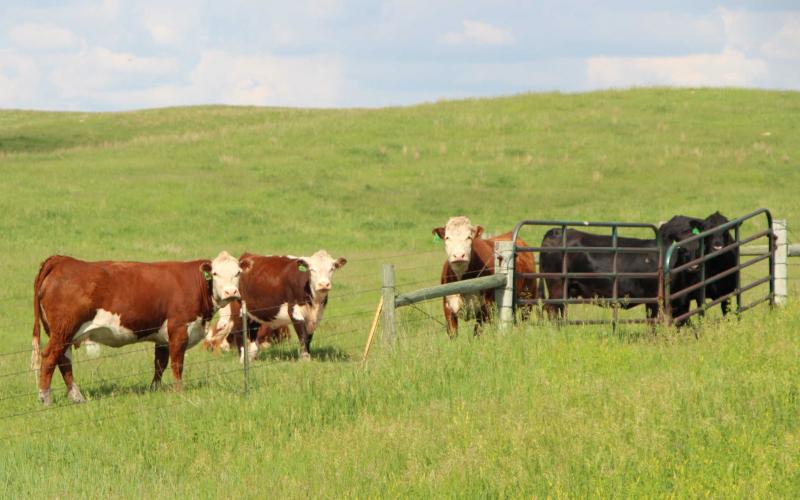
Cow Herd Options
April 2018 and 2019 blizzards caused stress to the region’s cowherds, and for some herds changed the calving distribution. 2020 brings a chance to re-establish a preferred calving distribution.
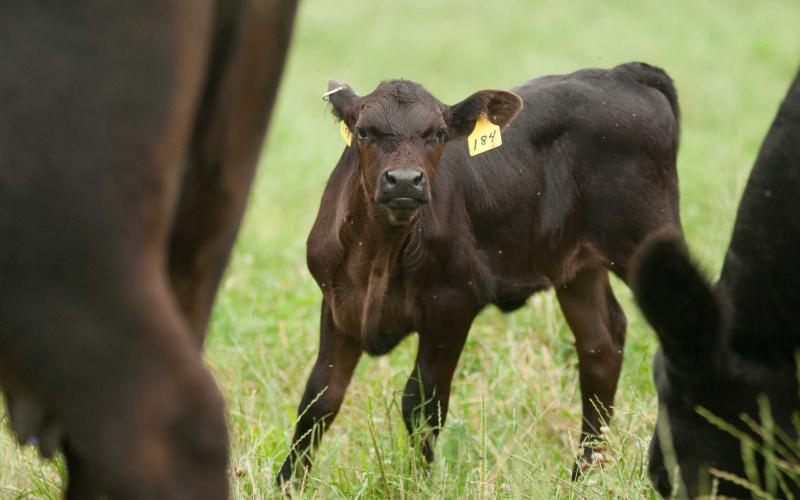
Calving Season Benchmarks
Reproductive performance of an operation is important to the overall success and bottom line of that operation. Benchmarking may be beneficial as it can help focus limited management time on critical areas of an individual’s beef cow business.
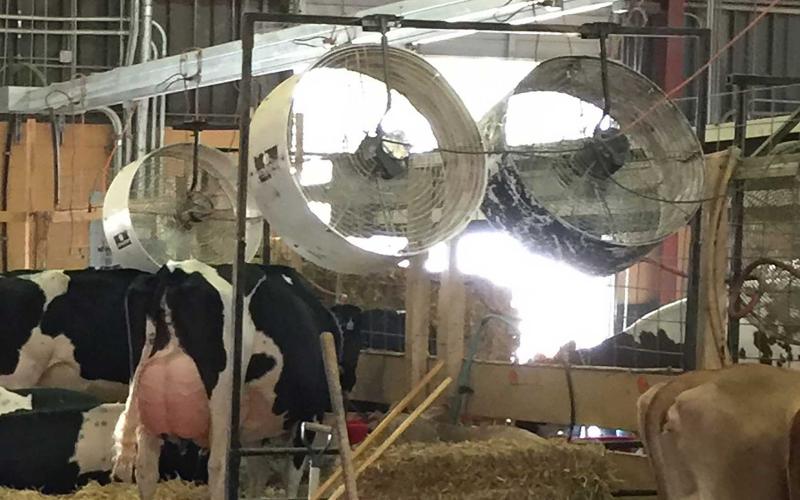
Combating Heat Stress in Lactating Dairy Cows
With summer temperatures and higher humidity levels upon us, dairy producers need enact their heat abatement strategies on farm for all livestock.
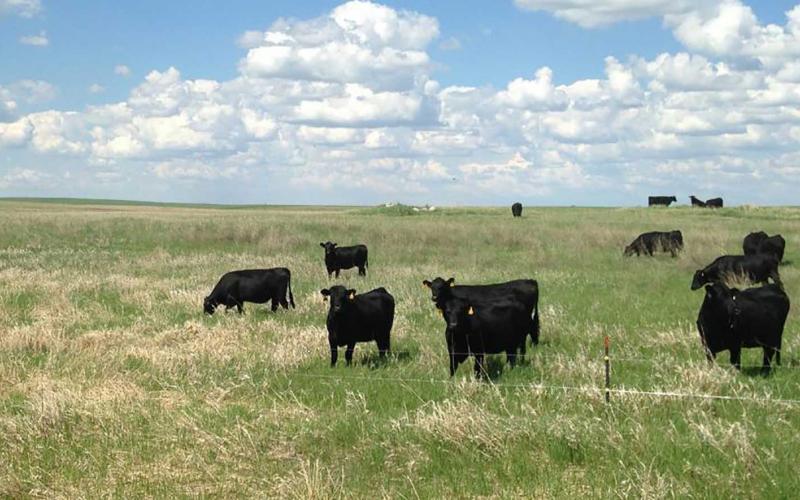
Rancher’s Perspective on Challenging Heifers
This article will share a rancher’s perspective on challenging heifers during the breeding season in Northwestern South Dakota.
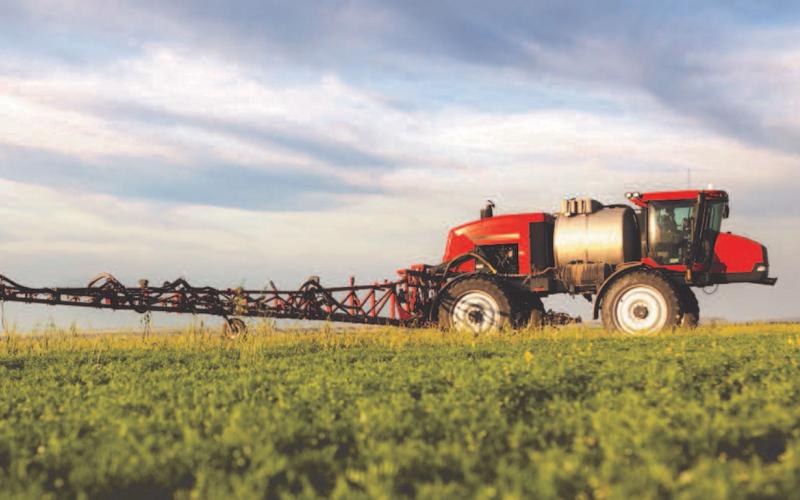
South Dakota Department of Agriculture Suspends All Sales and Application of Dicamba Product
June 08, 2020
On June 3, the United States Court of Appeals for the Ninth Circuit issued a decision to vacate the registration of three Dicamba products including Xtendimax, Engenia, and FeXapan for over the top use on soybeans.

UPDATE: The Environmental Protection Agency Provides Further Guidance Regarding the Previous Suspension of All Sales and Application of Dicamba Products
June 10, 2020
On June 3, the United States Court of Appeals for the Ninth Circuit issued a decision to vacate the registration of three dicamba products including Xtendimax, Engenia, and FeXapan for over the top use on soybeans.